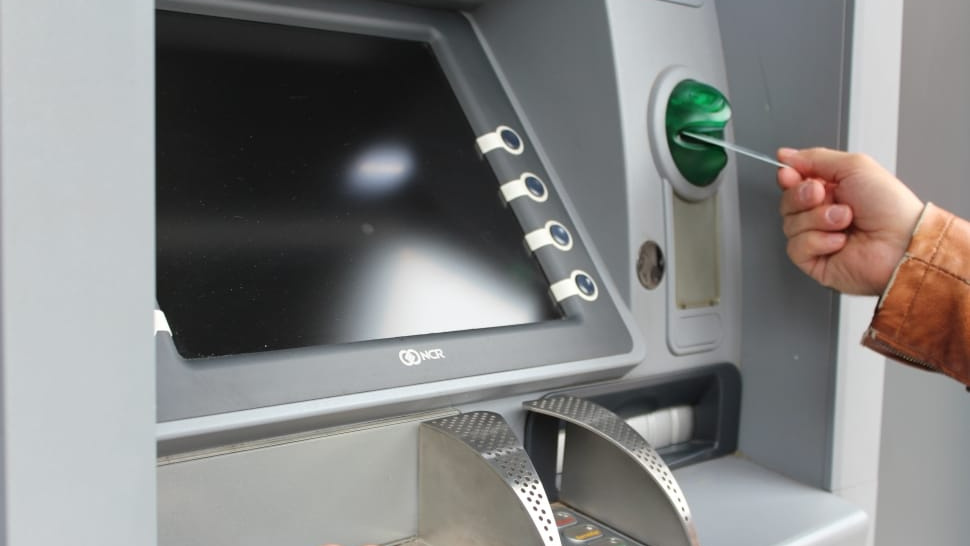The ATM Industry Association’s CEO, Mike Lee, believes that payments companies like Visa are putting commercial interest above that of the public. As such, he has been compelled to speak out. Forcing the public to use digital methods of payments over cash makes sense for payments institutions and their strategic goals, but is it fair to reduce their customers’ free choice?
Visa’s ‘Cashless Challenge’ has been a particularly troubling development in the war on cash. The card and payments company advertised an incentive of $500,000 that would be divided between 50 small businesses for participating in a project to take themselves cashless. The money could be used for covering the costs of upgrading their on-site payments systems and for promotional expenses.
“By paying these food service owners $10,000 to reduce their customers’ payment choices, Visa Inc has elevated its commercial interests above the public interest in America,” Mike Lee said in a press release by ATMIA. Not only does encouraging businesses to no longer take cash payments ensure their subsequent enterprise dependence on Visa’s services, it prevents the customers of that business from having the fair choice to use cash as well. Free choice is beneficial to the economy as it spurs competition within the market, a guiding principle that also prevents any one institution having too much influence over the lives of consumers.
Many of the voices supporting freedom of choice have noted that reducing access to and the mechanisms for using cash, harms some of the most vulnerable individuals in society. Homeless people, and indeed people who simply choose not to have bank accounts, for any number of reasons, will be successively marginalised by this policy. The efforts of payments institutions to strangle cash out of existence also prevents people from being able to spend their money as they please.
Privacy is probably the most salient take-away from the events of the last twelve months, with large globally-recognised companies receiving heavy doses of scrutiny on this topic, and a burgeoning area of the start-up economy developing innovations specifically designed to tackle the issue of anonymising data and personal information. Bringing all transactions that occur into the fold of digital payments, customer payment spending data will become increasingly trackable, tradeable, and therefore non-private.
“Visa is paving the way towards a Big Brother society of surveillance in which human freedom is gradually eroded by powerful interests intent on diminishing privacy and free choice,” Lee said. He is quick to point out the disturbing possibilities for surveillance and state control that emerge from an all-digital economy. With governments like China beginning to make use of increasingly alarming digital technologies to track, scan, and control their citizen, how long before the digitization of money is deployed as a weapon in the corrosive effort against human rights and privacy? Cash really is the only un-hackable, battery-free, dependable mode of payment available, and these are just a few of the reasons why it is the most popular.
Lee also makes an important consideration about the Visa bid: is the underlying business proposition sound, or might going cashless “be unpalatable to both consumers and merchants when stripped of its $10,000 sweetener?” For the consumer, the loss is one of choice and freedom. For the retailer, it is clearly a matter of expense. Visa is attempting to buy itself a useful section of the payments market in order to further its goal of rendering cash inconvenient to consumers. In order to receive the money for Visa’s challenge, the businesses in question have to refuse cash transactions entirely.
“The idea that merchants don’t want to accept cash is a myth,” said vice president and general counsel at The National Retail Association, Mallory Duncan. Indeed, the costs of trading cashless are such that small businesses already suffer when it comes to card transactions. Payments companies, at the same time as becoming increasingly integral to the transactional exchange between customer and vendor, are also charging greater fees with each new step towards market dominance. How many layers of additional fees related to once-optional, now essential services can small businesses bear before profitability is squeezed away?
Visa argues that cashless businesses are safer from physical thefts, but of course, as the economy becomes increasingly exposed online to cyber thefts and viral attacks, it seems that our money is not so much safer, as simply more abstract for criminals – now using laptops instead of guns and knives – to extract their profits with ever more anonymity.
Visa cannot be blamed entirely for this emerging pattern. However, it still must be acknowledged that as we plug one hole for criminals, a thousand holes of entirely new shapes and sizes are proliferating in digital space. This is, undeniably, a result of precisely the policies and technologies that these companies are pushing for.



Share the News